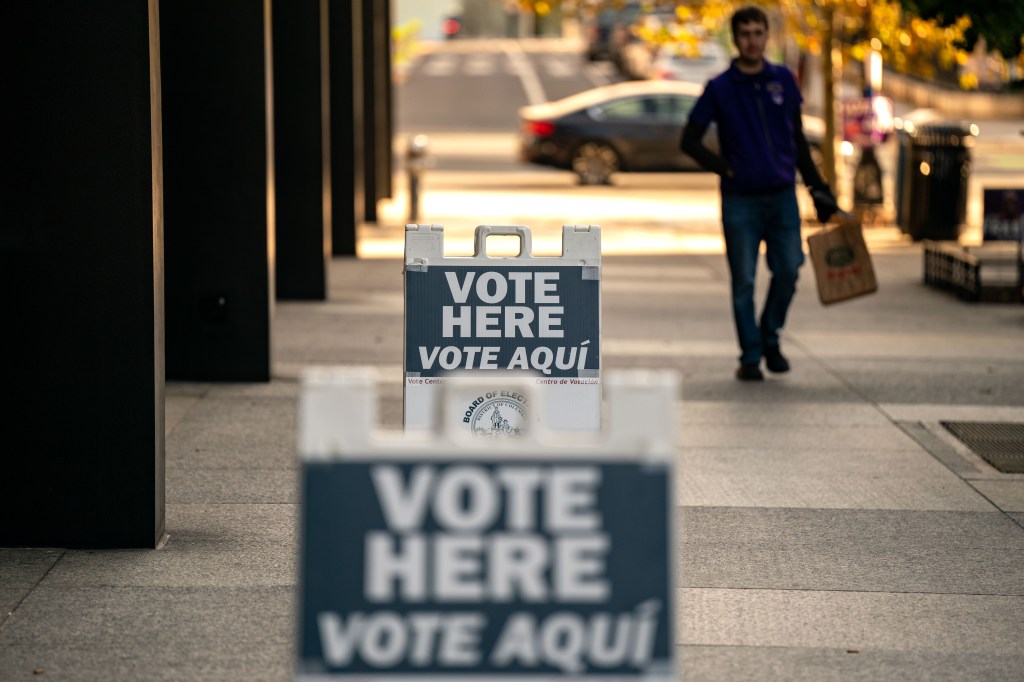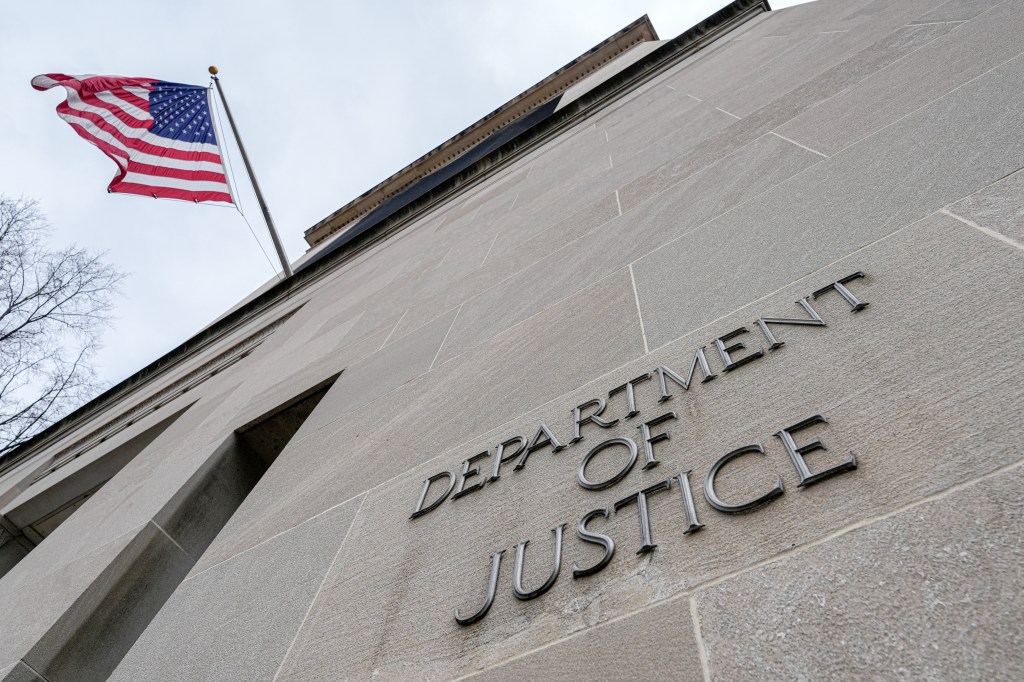Bitcoin is now 15 years old, and after soaring in value again recently, it took a turn downward on Wednesday.
The crypto fan base is now left wondering: will the launch of the first-ever spot bitcoin electronically traded fund (ETF) happen after the SEC approves it this week or next, as predicted?
Bitcoin ETFs are financial instruments enabling the trading of bitcoin on traditional stock exchanges, providing traditional investors with access to the cryptocurrency market.
If they do launch, they could secure a massive amount of money in asset flows (billions of dollars) from individual retail and institutional investors, investment advisers and advisers at broker-dealer firms, among others. Some predict the price of bitcoin will be $80,000 by the end of 2024, while others say $100,000. For 2025, some are saying $150,000. You get the picture.
Institutional investors are becoming more active in the crypto space; CME Group says that “average large Bitcoin open-interest holders, with at least 25 contracts, hit an all-time high the week of November 7, 2023.”
As ALM’s ThinkAdvisor says, in light of these numbers: No wonder three in four financial advisors plan to allocate 1% to 5% of client assets to these new spot bitcoin ETFs.
SEC approval
Two weeks ago, SEC officials met with representatives of at least seven companies hoping to launch ETFs tied to spot bitcoin early in 2024, and told at least two to submit final changes by the end of next week, according to public memos and two people familiar with the discussions, Reuters reported.
Among those holding discussions with the Securities and Exchange Commission were representatives from BlackRock and Grayscale Investments, as well as Fidelity, Franklin Templeton, ARK Investments and 21 Shares.
“An ETF would certainly enable crypto overall to take off, and based on Gensler’s comments in December 2023, he still sees this industry in need of more stringent compliance.”
Matrixport, a crypto investment services provider
The SEC is due to decide whether to approve or reject the joint proposal from ARK and 21 Shares by January 10. Most issuers expect the SEC will likely give the green light to several applications at the same time in the days leading up to that deadline.
Executives from two of the firms that met with regulators — speaking on background to Reuters — said the SEC set a deadline for final updates to their filings of December 29. Regulators told attendees at the meetings that any issuer that doesn’t meet that deadline will not be part of a first wave of potential spot bitcoin ETF approvals in early January, both executives said.
Representatives of the exchanges on which the new products might trade, including Nasdaq and Cboe, as well as lawyers for the issuers, also attended the meetings, according to meeting memos.
The SEC has rejected multiple applications to launch spot bitcoin ETFs in recent years, arguing that the cryptocurrency market is vulnerable to manipulation. So far, the only cryptocurrency ETFs the agency has approved are tied to bitcoin and ethereum futures contracts that trade on the Chicago Mercantile Exchange.
In its most recent filing, Bitwise Bitcoin ETF shows it could start with a $200m seed investment and BlackRock shows an intended $10m investment in its SEC filing.
As in any other situation in which applications are collected, acceptance is not guaranteed, and in this case, some analysts are not even sure the SEC will end up approving the bitcoin ETF idea at all. Those analysts believe the mostly Democrat SEC constituency, helmed by Gary Gensler, a true crypto skeptic, is not likely to pull the lever now or soon.
“An ETF would certainly enable crypto overall to take off, and based on Gensler’s comments in December 2023, he still sees this industry in need of more stringent compliance,” crypto investment services provider Matrixport said. “From a political perspective, there is no reason to approve a bitcoin spot ETF that would legitimize Bitcoin as an alternative store of value.”
The anticipated approval of a spot bitcoin ETF in the US is what has helped drive bitcoin to prices not seen since April 2022, as it closed 2023 up nearly 160% on the year. These prices, though high, have not yet matched those seen in 2021.
Applications being amended
The SEC requires exchanges asking for approval to use a rule covering non-standard issue ETFs (like the spot bitcoin ones) by filling out Form 19b-4. The exchange must justify the new rules to the SEC staff, making clear that the rule change supports fair trading markets, and provides investor protections and requisite oversight procedures.
Issuers must fill out S-1 forms to go public and list on exchanges, and these new ETFs issuers will have to do the same. Form S-1 requires companies to provide information on the planned use of capital proceeds, detail the current business model and competition, and provide a brief prospectus of the planned security itself, offering price methodology and any dilution that will occur to other. It’s known as the registration statement, and also included in it is the disclosure of any material business dealings between the company and its directors and outside counsel.
The SEC has reportedly held multiple rounds of talks with prospective ETF issuers, with issuers amending applications to meet regulators’ expectations. “I’m optimistic, but I think it’s quite likely we have another round of rejections before we get the positive news,” BitGo CEO Mike Belshe recently told Bloomberg.
Both BlackRock and ARK updated their filings earlier this week to allow cash redemptions, a change requested by regulators, Reuters reports, as the regulator considers cash redemptions safer and more accessible than in-kind redemptions.
Any final alterations likely would include details of fees. ARK and 21 Shares are the only issuers to have disclosed the fee they propose to levy on their joint ETF, which is set at 0.80%, Reuters notes.
Final updates also would include information about the sums that issuers plan to use to “seed” the new ETFs. These “seeds” provide the capital required for market-makers to ensure that the initial market for new ETFs is liquid and are likely to be relatively small amounts at first, increasing substantially once the ETFs have begun trading, Reuters reports.
Compliance guidance
Traditional investors have been flocking to ETFs for some time now, and in the cryptocurrency realm, the SEC’s approval would enable them to easily partake in the cryptocurrency market on traditional stock exchanges, similar to buying stocks, which would be a significant development.
Compliance concerns and intense scrutiny is likely to follow, though, if approval comes.
SEC registered investment advisers should take seriously several compliance considerations if incorporating the bitcoin spot ETF into their offerings, particularly documenting and evidencing the due diligence and appropriateness of the investment, including the product’s suitability for retail investors.
This point was emphasized in the SEC’s 2024 examination priorities, released in mid-October, which counseled such advisers to ensure their disclosure documents included the characteristics and risks associated with investing in cryptocurrency, including any conflicts of interest and associated fees.
Also useful is the SEC Division of Examination’s Risk Alert on Digital Asset Securities issued in February 2021 that instructs investment advisers to ensure procedures are in place to classify how digital assets are treated in client portfolios, articulate valuation methodologies, and ensure proper disclosures and custody controls.












